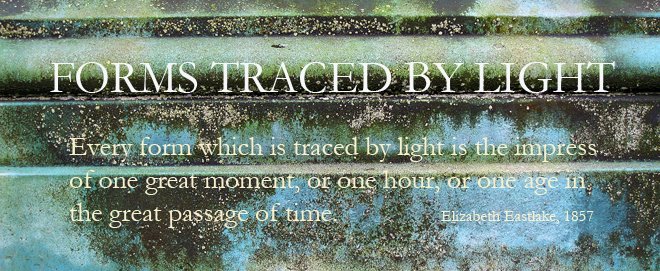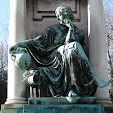
Our second class on Teresa Cha’s Dictée involved a good deal of discussion about the gaps in the text – the literal gaps: the white pages and half pages; the spaces opposite more or less full pages of print in which the few printed sentences might, or might not, have been extracted from the prose opposite; the associations of blank space with the lack of memory, or the desire to obliterate.
Here (taken from the same exercise book in which I found yesterday’s dictation sentences) is my very first attempt at autobiography – complete with gaps. But they aren’t gaps of my deliberate making: they look rather as though the book got caught in a drawer, or was attacked by a cat, or had some other kind of accident. “My name is Kate Flint. I used to live in a ca “ – and then there’s a torn hole, which certainly isn’t a gap in my memory, but might cause problems to an archivist in three hundred years time. In a car? In a cave? In a castle? In a caravan? It was, indeed, one of these … “…now I live in Wimbledon. I have got a Siamese [doubtless something else beginning with ‘ca…’ belongs in this gap, and will come as no surprise] and a goldfish [who was called Hannah – I won her at a fair by throwing a ping pong ball into one of a whole stall full of empty goldfish bowls]. My garden is a farly [“fairly”, corrected my form teacher, Miss Stephenson, in her neat red pen] large – at least, that must have been the word – garden with lots of apple trees in it. My room” – and here is a big gap, with “thought” from the next week’s composition showing through – like a literalization of the gap into which cogitation can be inserted – “ un all day.” Gets sun all day, I suppose? It doesn’t, really, and never did, but it sounds cheerful. “I have no brothers or sisters. One of our neighbours has a girl who go’s to the Kindergarden here. Her name is Lucy Watson. I do not like her brother. I am very fond of reading. I have lots of books …” and here the image, if not the page, fades off, leaving me to wonder whether I’ve really changed all that much.
But what I don’t know is how I would represent my seven year old self if I were actually writing my autobiography. Would I just insert this page, and have done with it? It tells me so remarkably little about what I thought or felt beyond my dislike of William Watson – which, oddly enough, I hadn’t remembered, though now I think back, he was a bully. But he became much more of a friend, and I remember him as someone with whom I used to read boys’ comics – Wizard and Lion and Eagle – and play at endless World War 2 battles with plastic soldiers. This piece of writing, indeed, complicates, rather than amplifies, that part of my memory.


I love this! I don't think we kept anything like this around in our house, but I do still have a book that I wrote and illustrated in second grade. It's all about how I think chocolate should rain from the sky and candy should grow on trees. Obviously my priorities in life remain the same.
ReplyDeleteClearly you were much more imaginative than I ... when this volume moves onto Imaginative Writing, it's dreadfully derivative of the most stereotyped of adventure stories and pony stories ... though there is a rather delightful piece about our cat ... (that was before I marked out the garden as a show jumping arena, and made him leap round courses chasing a piece of string)
ReplyDeleteSaw this and thought of your post:
ReplyDeletehttp://www.narrativemagazine.com/issues/fall-2010/hand